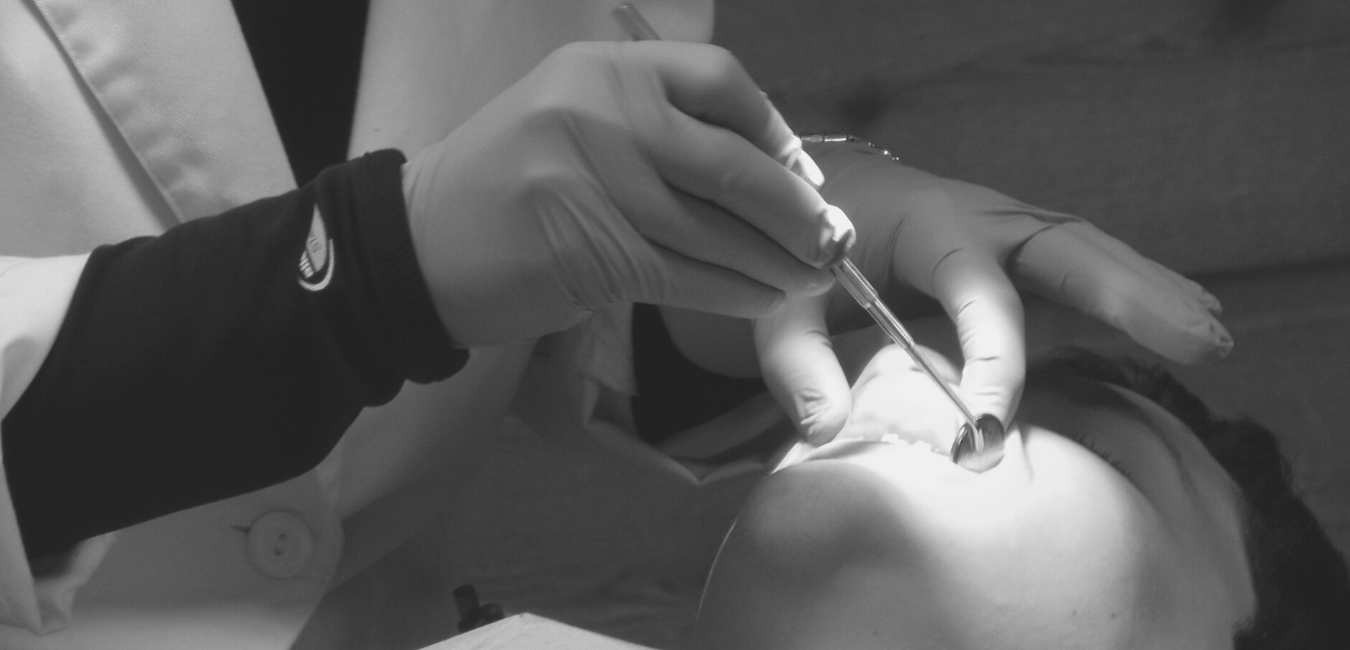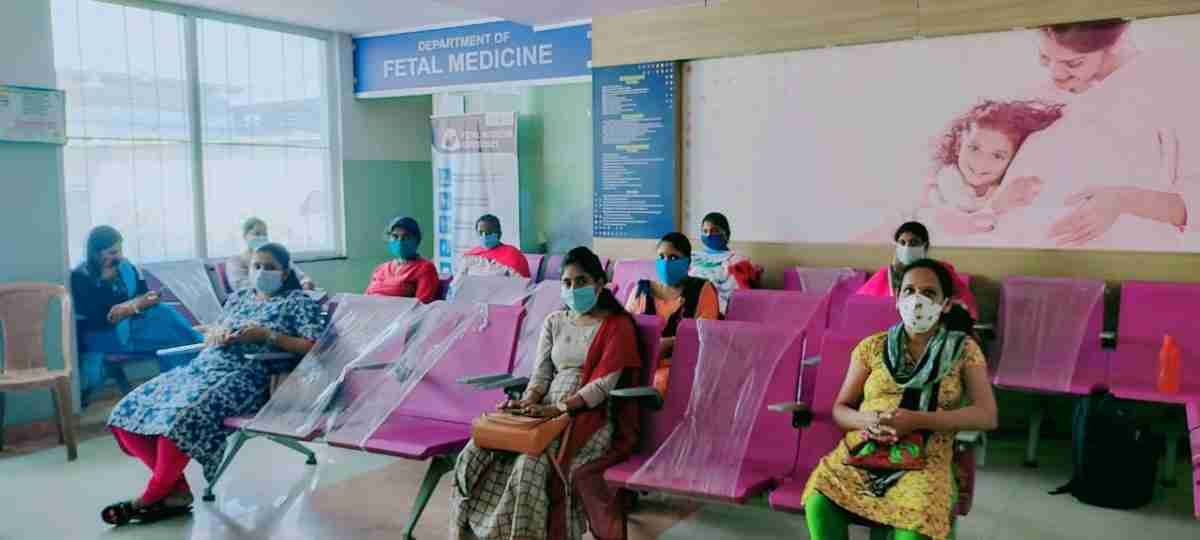Kushal’s Pregnancy Workshops Deliver High-Quality Support in Communities
The constant stress in our life can be detrimental to our mental health and general well-being. This is especially true with significant life events, such as pregnancy.
A woman has to feel confident that she is taking the essential safeguards for her physical and mental health while pregnant. Support from other pregnant women is a powerful tool for achieving this.
High-quality pregnancy assistance is offered via Kushal's workshops in local communities like panchayats, sansads, and villages. Women who participate in Kushal seminars have shared with us how this support from friends and neighbours has enabled them to overcome despair, tension, and anxiety.
Women cannot get mental health support during pregnancy
Mental health support during pregnancy is not easily available to women. This leaves pregnant women with concerns about their well-being. They feel lost and vulnerable. Not having access to quality mental health support is a cause of both anxiety and depression. Kushal helps mitigate pregnancy-related concerns by conducting antenatal workshops in the community.
Our mental health and well-being workshops are tailored specifically for pregnant women. Furthermore, the benefits of attending Kushal's pregnancy workshop extend beyond mental health. Participating women report feeling more connected to their community. They claim to have a better sense of self-awareness and confidence. 
If you have received similar support during your pregnancy or know someone who has, please share your experience in the comments box.
Lack of awareness about mental health and pregnancy
Pregnancy mental health issues can affect women in many ways. Society often lacks awareness and understanding of these issues, leading to misinformation. It is often the case that women end up suffering in silence, unable to seek the help they need. Being pregnant is also associated with low self-esteem for women because of the social stigma attached. As a result, Kushal works closely with village leaders, health providers, mothers, and mothers-in-law to raise awareness about pregnancy mental health.
Pregnant women in the community have easy access to our support services. Through our workshops, women gain the knowledge and strength to deal with a variety of antenatal issues head-on. With our tailored program, we aim to help women reach their full potential and enjoy pregnancy.
services. Through our workshops, women gain the knowledge and strength to deal with a variety of antenatal issues head-on. With our tailored program, we aim to help women reach their full potential and enjoy pregnancy.
Access to mental health services during pregnancy and awareness of their importance are essential. The opportunity to get support during such a life-changing event should be available to every woman.
Mental health during pregnancy – women need support
Pregnant women, like everybody else, can require mental health care. However, the assistance they may receive is not tailored to the issues they face during pregnancy. As a result, the woman feels isolated, helpless, and hopeless. According to studies, preeclampsia, gestational diabetes, anxiety, depression, and postpartum depression are all linked to mental health issues (PPD).
A woman's pregnancy can be an amazing period in her life. But because of the mental and emotional changes that take place, it may also be a very difficult time. Women who are pregnant need to be aware of the changes that occur to their bodies. Know how a foetus develops and what to do to protect her health and well-being. There are few services that women find to meet these needs.
Limited support available during pregnancy
It's true that pregnant women can find a wealth of services online. Unfortunately, most of the reliable sources of information that are available are in English. Urban, educated, wealthy women who are technologically savvy are the target audience for these resources. The demographic of the women that attend our workshops are distinct. Most of them do not own a personal smartphone with internet access or know how to interact with technology and the digital world. They are rural, often only have a primary school education, cannot speak, read, or write in English, and live in rural areas.

Poor access to affordable care leads to poor mental health outcomes for mothers
Poor pregnancy mental health outcomes are frequently a result of a lack of access to affordable care. Due to the fact that many expectant mothers do not receive the assistance they require, both the mothers' and the children's health is negatively impacted.
Participants who attend Kushal's prenatal workshops gain useful knowledge, advice, and direction on how to maintain their physical and mental well-being. Additionally, there are discussions on inventive ways to access online resources and be digitally literate. Pregnant women who are supported by one another in these workshops learn without feeling embarrassed or ashamed. 
The help provided in local communities through Kushal's antenatal courses is of a standard that can be expected anywhere in the world. The workshops are conducted by trained facilitators who are aware of the significance of wellbeing and mental health during pregnancy. Kushal facilitators receive ongoing training and the education they impart is based on international resources that are evidence-based.
We use storytelling as an approach to help our workshop participants talk about their concerns in a safe and comfortable environment.
If you would like to support affordable and accessible ways for women to receive critical prenatal mental health support, look no further! Please donate to our GoFundMe campaign.
The importance of community engagement - pregnancy workshops help
The community must be involved if the stigma towards mental illness is to be reduced. Given that one in five pregnant women faces mental health problems, this is extremely crucial.
Also, for mothers to effectively manage their mental health during and after pregnancy, maternal health support needs to be located in the community. Support that is provided in the community is valued more and accepted better. Kushal’s mental health and wellness programme is such a community-based resource. We provide easily accessible support for mothers from different backgrounds and locations, ensuring safety and confidentiality. In addition, with Kushal's assistance, expectant mothers acquire practical social entrepreneurship and digital literacy skills.
Conclusion
Women do not always have easy access to support for their mental health and wellbeing during pregnancy. Workshops on mental health and antenatal well-being can close this gap. The guidance received in such workshops helps women navigate the challenges of pregnancy and childbirth.
Kushal workshops are led by seasoned community members who have personally experienced pregnancy. Our workshops' scope and structure enable content customization based on participant demands. Along with offering emotional support, the programmes give mothers the skills they need to use online resources and handle typical pregnancy issues.






